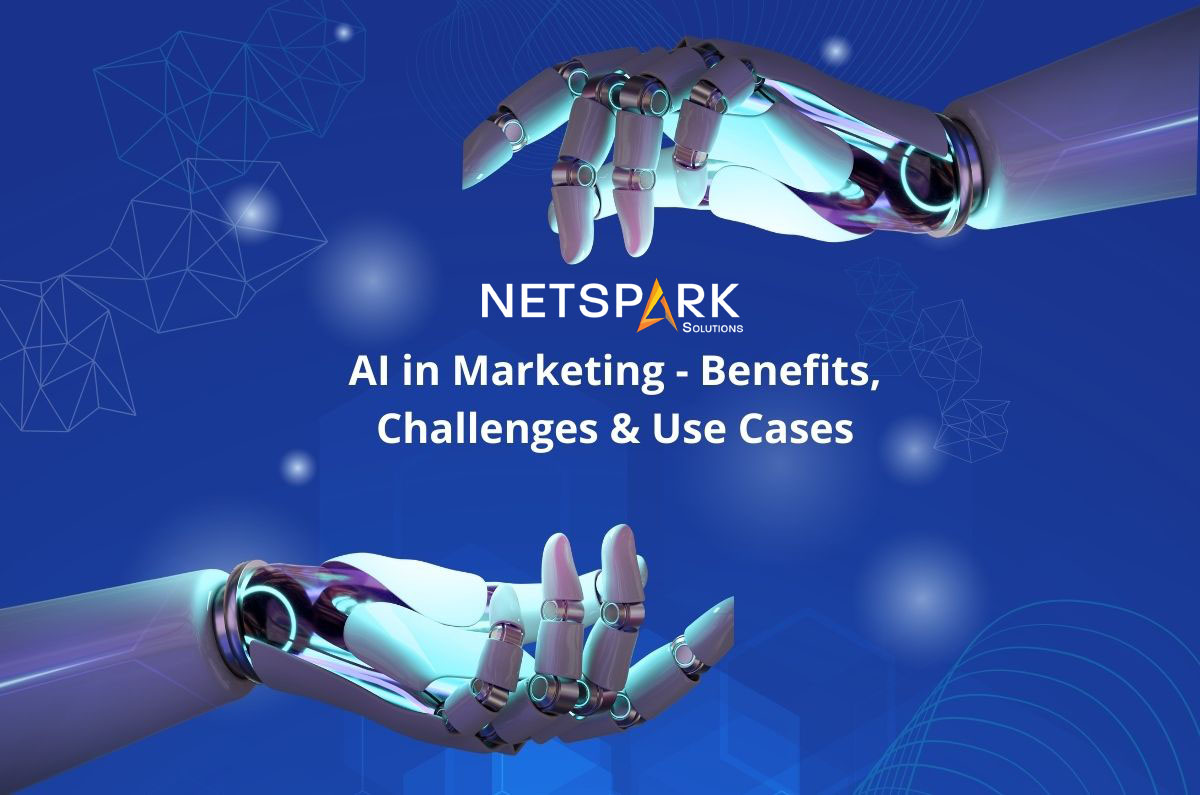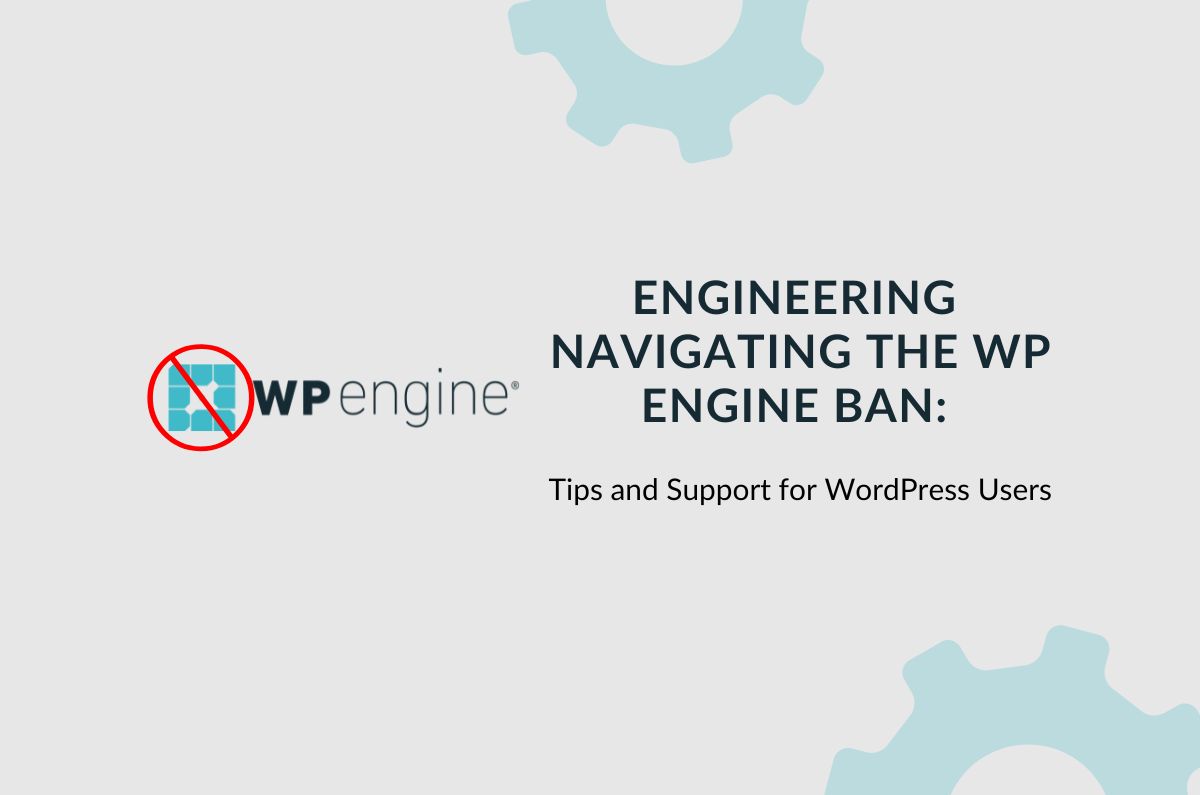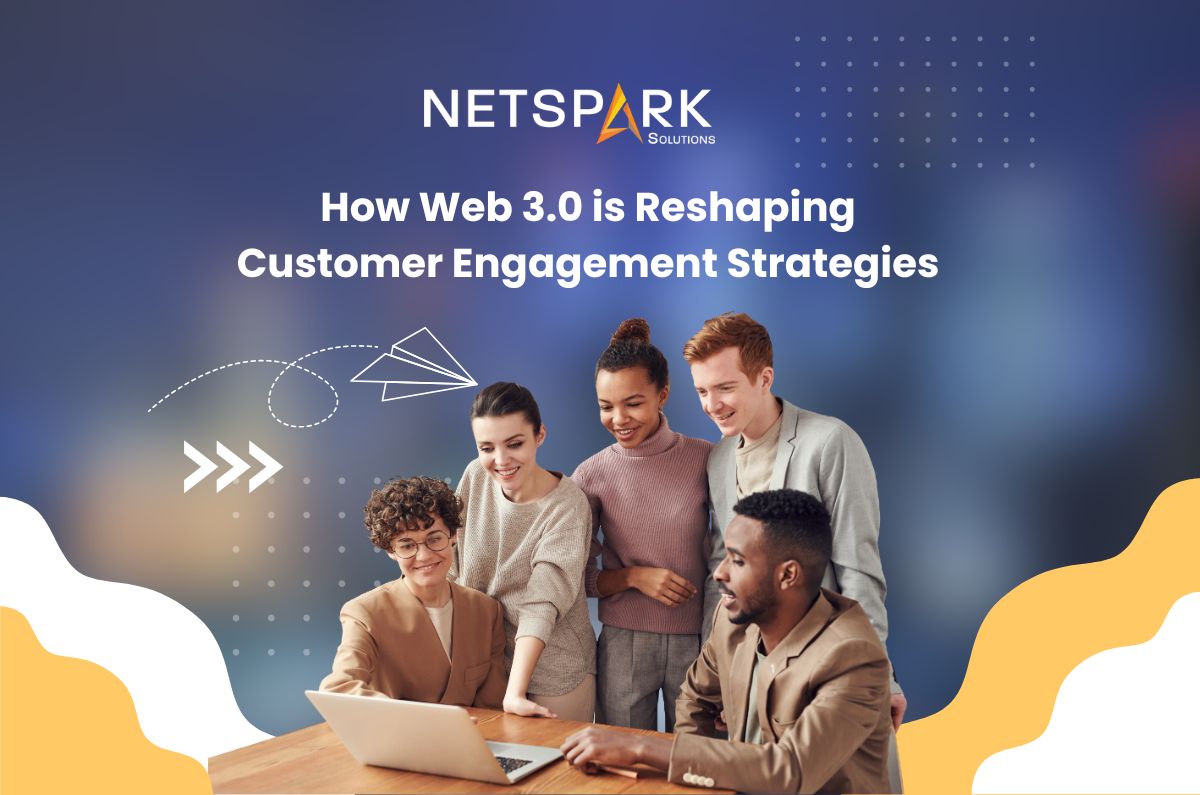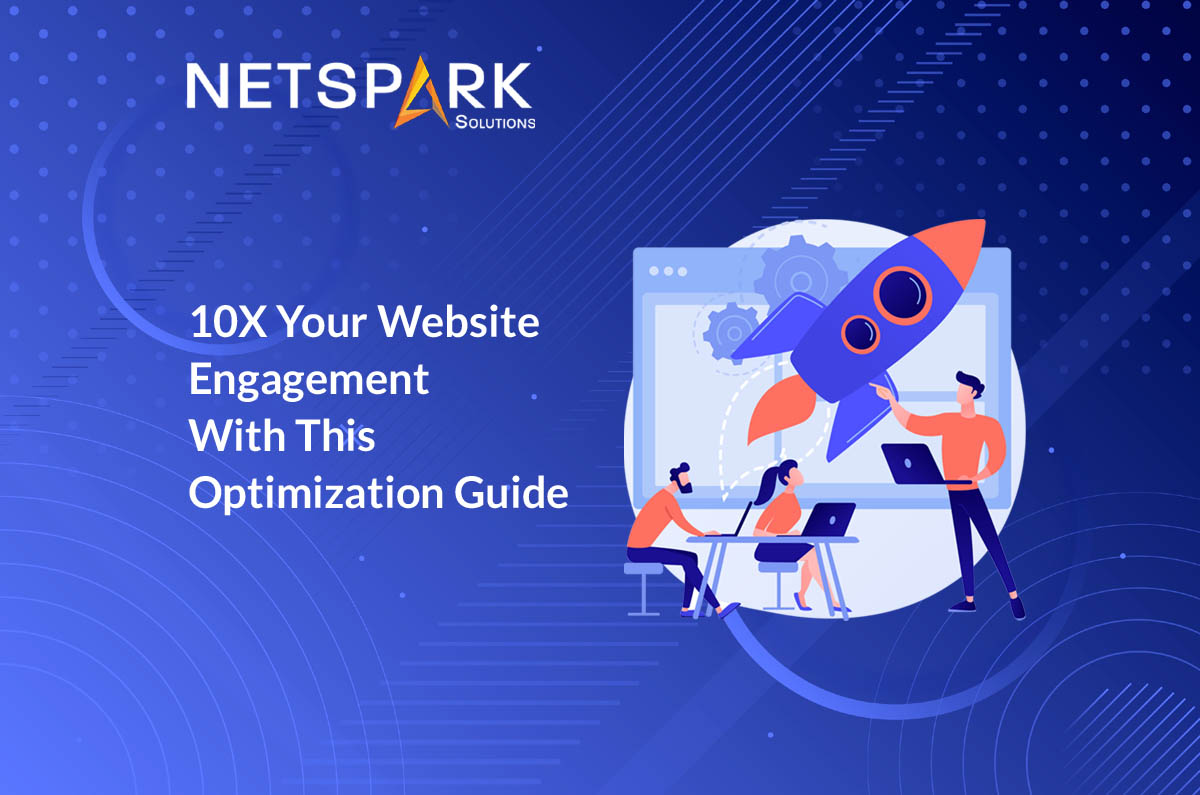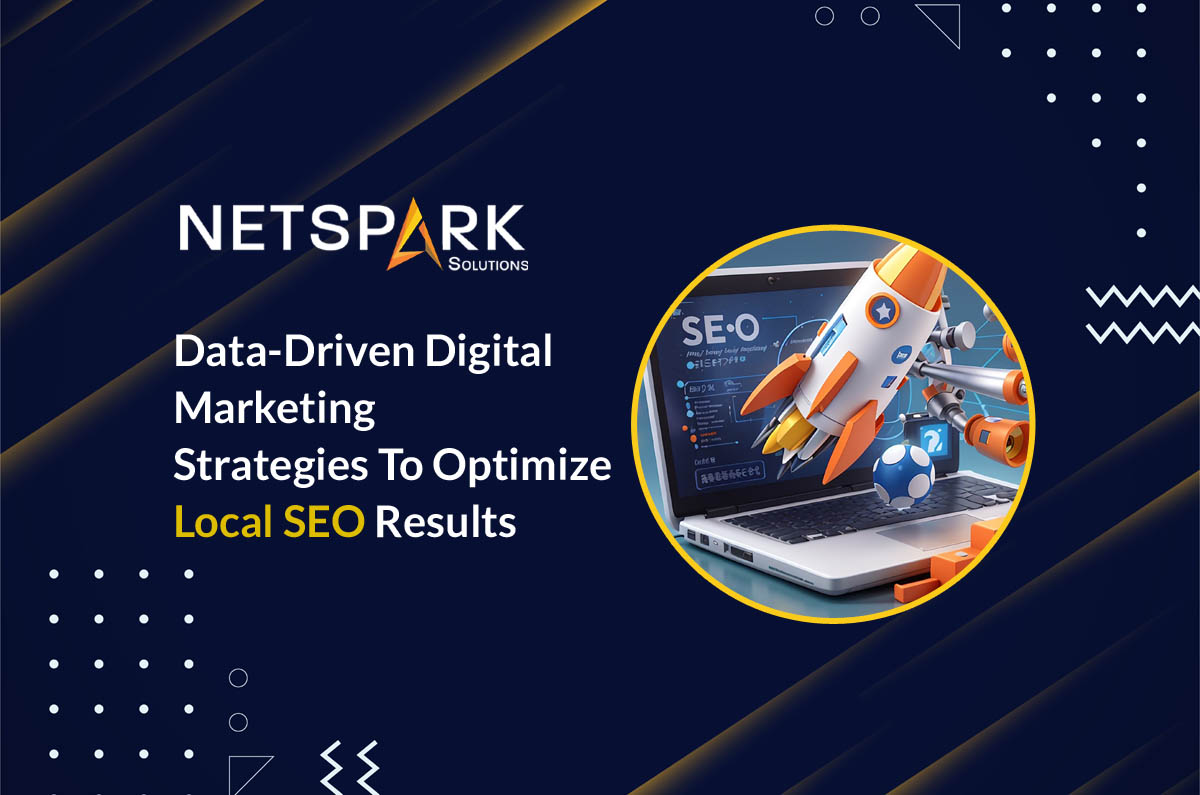In any organization, marketing plays a vital role in unlocking exponential growth. With effective marketing strategies in place, your business, product, or service may not gain the projected exposure – despite the unparalleled offerings. Of course, as technology evolves, marketing strategies continue to change as well. Today, we are living in an era where Artificial Intelligence has successfully seeped into the marketing world. If you want to design a result-driven marketing strategy, it’ll be crucial to rely on AI to achieve the desired results. In addition to helping analyze customer patterns, AI integration can also speed up the entire lead generation process.
However, implementing AI marketing strategies is not a straightforward process. It’s crucial to analyze your business objectives and evaluate the right AI tools, strategies, and platforms to reach your potential audience. To make your job easier, we have compiled a detailed guide on how to implement artificial intelligence into your marketing campaigns.
So, without any further ado, let’s get started.
What Are The Benefits Of Artificial Intelligence In Marketing
- Personalization and Targeting
AI in marketing enables advanced personalization by analyzing vast amounts of customer data to understand individual preferences, behaviors, and demographics. This allows marketers to tailor content, advertisements, and promotions to specific target audiences, increasing the relevance of marketing efforts and improving overall customer engagement.
- Predictive Analytics
AI can harness predictive analytics to forecast future trends, customer behaviors, and market dynamics. By analyzing historical data, AI algorithms can identify patterns and correlations that humans might miss, helping marketers make more informed decisions and develop proactive strategies to stay ahead of the competition.
- Automation of Repetitive Tasks
AI automates routine and time-consuming tasks, freeing up marketers to focus on more strategic and creative aspects of their roles. This includes automating email campaigns, social media posting, customer interactions, and data analysis. Automation not only increases efficiency but also reduces the risk of human errors.
- Enhanced Customer Experience
AI-powered chatbots and virtual assistants enhance customer experience by providing instant responses to queries, offering personalized recommendations, and guiding customers through the purchasing process. This not only improves customer satisfaction but also helps in building stronger relationships with the audience.
- Real-time Data Analysis
AI enables marketers to analyze large volumes of data in real time, providing valuable insights into customer behavior and market trends. This rapid analysis allows marketers to make data-driven decisions promptly, adapt marketing strategies on the fly, and respond swiftly to changes in the competitive landscape.
- Cost Efficiency
Implementing AI in marketing can lead to cost savings by automating tasks, reducing the need for manual intervention, and optimizing marketing campaigns. Additionally, AI-driven insights help marketers allocate resources more efficiently, ensuring that budgets are spent on strategies with the highest potential for returns on investment.
- Content Optimization
AI can assist in optimizing content creation and distribution by analyzing performance data and user interactions. This includes personalized content recommendations, A/B testing, and content performance predictions. Marketers can leverage this information to refine their content strategy, ensuring that the right message is delivered to the right audience through the most effective channels.
- Dynamic Pricing Strategies
AI can analyze market conditions, competitor pricing, and customer behavior to dynamically adjust pricing strategies in real time. This allows businesses to optimize pricing for maximum revenue, implement personalized pricing models, and respond quickly to changes in demand or market trends.
- Fraud Detection and Security
AI technologies, such as machine learning algorithms, can be employed for fraud detection and prevention in marketing transactions. By analyzing patterns and anomalies in user behavior, AI systems can identify and flag potentially fraudulent activities, helping to secure online transactions and protect both businesses and customers.
- Cross-Channel Marketing Integration
AI facilitates seamless integration across various marketing channels, providing a unified approach to campaigns. Through AI-powered platforms, marketers can coordinate and synchronize efforts across social media, email, search, and other channels. This integration ensures consistent messaging and a cohesive brand experience, ultimately enhancing the overall effectiveness of marketing campaigns and improving customer perception.
Why Artificial Intelligence Is Still A Big Challenge For Marketing Strategists?
While AI offers numerous benefits in marketing, its implementation comes with several challenges.
Data Privacy and Security Concerns
The use of AI in marketing often involves the processing of vast amounts of customer data. Ensuring the privacy and security of this data is a significant challenge. Marketers must comply with regulations, such as GDPR, and establish robust security measures to protect sensitive customer information.
Lack of Skilled Professionals
Implementing and managing AI in marketing requires a workforce with expertise in both marketing and AI technologies. There is a shortage of professionals who possess the necessary skills to develop, implement, and maintain AI-driven marketing strategies, creating a challenge for businesses looking to leverage these technologies.
Integration with Existing Systems
Many businesses already have established marketing systems and workflows. Integrating AI seamlessly into existing infrastructure can be challenging. Ensuring compatibility, data interoperability, and a smooth transition from traditional to AI-driven processes requires careful planning and execution.
Ethical Considerations
The use of AI in marketing raises ethical concerns, especially regarding issues like data manipulation, algorithmic bias, and the potential for invasive targeted advertising. Marketers need to establish ethical guidelines and practices to ensure responsible and transparent use of AI technologies.
Cost of Implementation
Implementing AI in marketing involves significant upfront costs for technology acquisition, training, and integration. Small and medium-sized enterprises (SMEs) may find it challenging to allocate resources for AI implementation, potentially creating a divide between large corporations with ample budgets and smaller businesses.
Continuous Learning and Adaptation
AI models require continuous learning and adaptation to stay relevant and effective. Marketers need to invest in ongoing training and development to keep AI systems up-to-date and ensure they evolve with changing market dynamics and consumer behaviors.
Addressing these challenges requires a strategic and thoughtful approach to ensure the successful integration of AI into marketing practices while mitigating potential risks and concerns.
How To Implement Artificial Intelligence in Marketing?
Implementing artificial intelligence in marketing involves a structured approach that begins with a comprehensive assessment of organizational needs and goals. First, businesses should identify specific marketing challenges that AI can address, such as personalization, data analysis, or automation.
Once the objectives are clear, the next step is to invest in AI technologies that align with these goals, such as machine learning algorithms, natural language processing tools, or predictive analytics platforms. Concurrently, organizations need to ensure data privacy and security compliance.
Training and upskilling the marketing team to understand and leverage AI tools are crucial components of successful implementation. Integrating AI into existing marketing systems and workflows, alongside continuous monitoring and adaptation, is essential for maximizing the benefits. Regularly evaluating the performance and refining AI strategies based on real-time insights ensures a dynamic and effective AI-powered marketing approach.
The Bottom Line
The integration of artificial intelligence in marketing presents a myriad of benefits that significantly enhance the efficiency, precision, and effectiveness of promotional efforts. The ability to personalize content, predict market trends, automate tasks, and optimize customer experiences are just a few advantages that empower businesses to stay competitive in today’s dynamic landscape.
However, these opportunities are accompanied by notable challenges, such as data privacy concerns, the need for skilled professionals, ethical considerations, and the upfront costs of implementation. Successfully navigating these challenges requires a strategic and ethical approach, with a focus on continuous learning and adaptation. As AI technologies continue to evolve, businesses that adeptly balance the benefits and challenges of AI in marketing are poised to gain a substantial competitive edge, fostering stronger customer relationships and achieving sustainable growth in the digital age.

